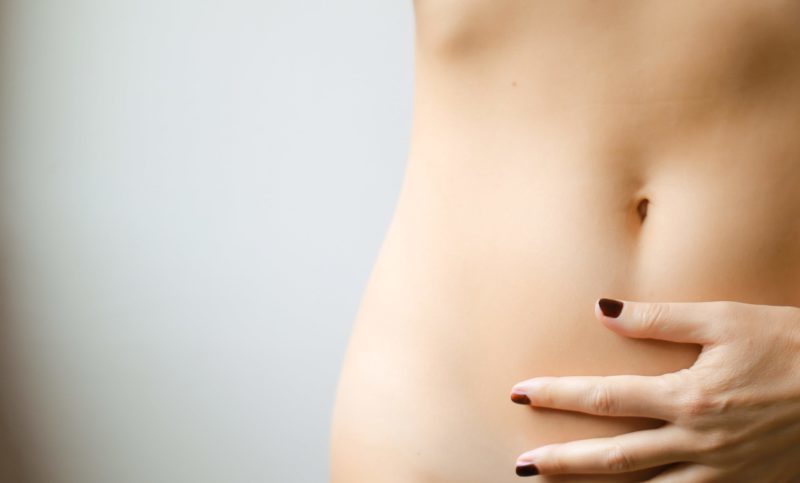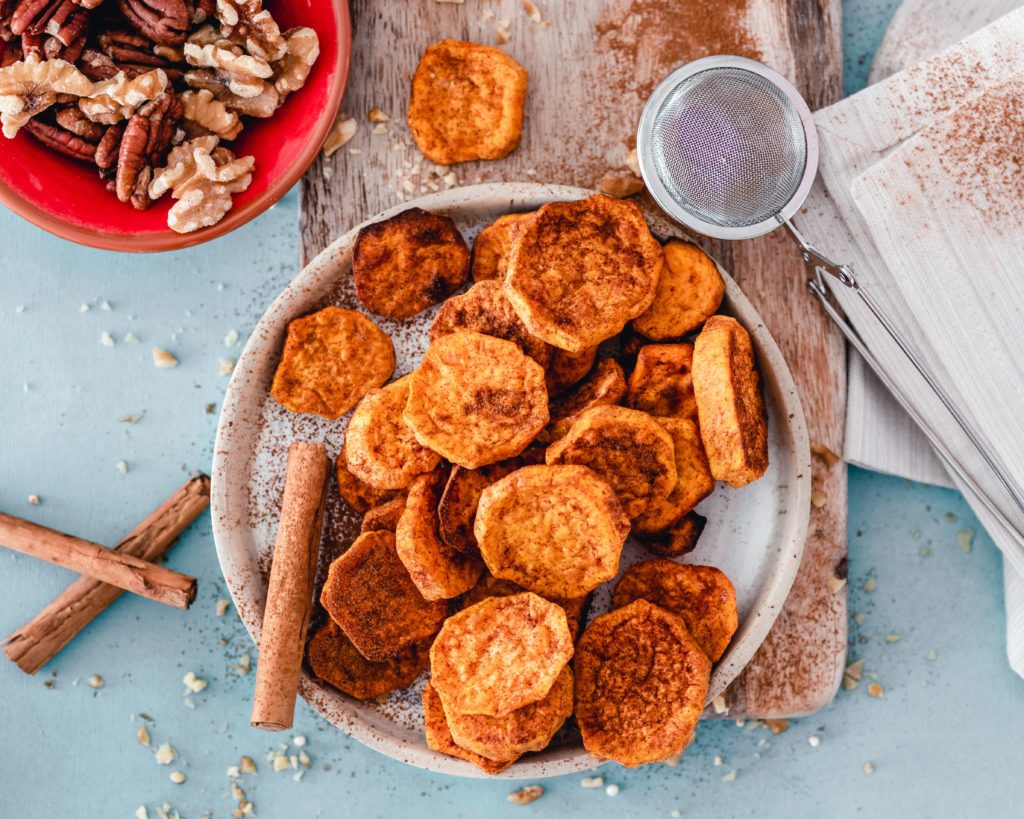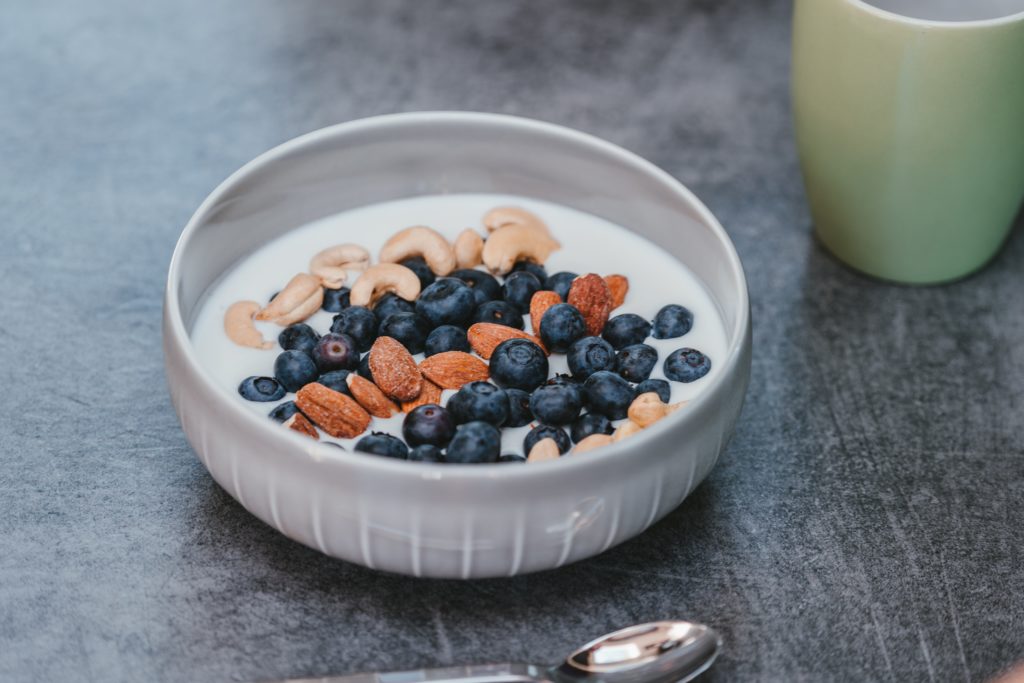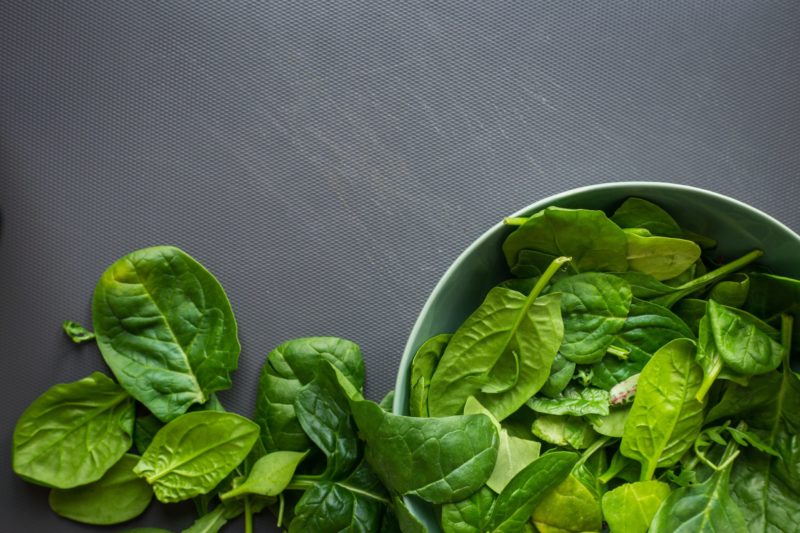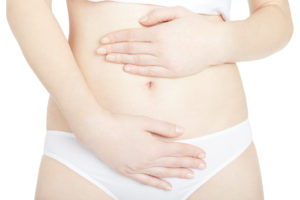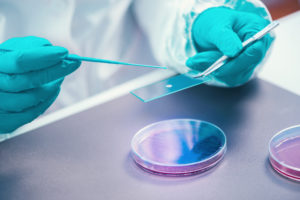A nutritious diet affects every part of your body—and your vagina is no exception.
What you eat really can help keep your lady bits in top shape! There are so many good foods can be incorporated into your diet on a daily basis that will help with vaginal health. Everything from easing cramps, fighting yeast infections, increasing your libido and alleviating dryness. The best foods to feed your vagina are rich in magnesium, vitamin A, and probiotics.
Here Are Our Top Picks for a Healthier Vagina
—
Sweet Potatoes
Seriously! Don’t let the word ‘sweet’ turn you off this wonder vege. Not only are sweet potatoes delicious, they provide an effective maintenance of good vaginal health.
They are loaded with Vitamin A, and this is a vitamin that contributes to making our uterine walls super strong. “Sweet potatoes are high in vitamin A, which helps strengthen muscle tissues for strong, healthy vaginal walls”, according to Cassie Bjork, RD, LD, of Healthy Simple Life, and Taub-Dix
The stronger your uterine tone the better it is when it comes to delivering a baby. Trust us – you’ll thank us in the delivery room later!
Plain and/or Greek Yogurt
Remember back in high school science you learned that pH is the measurement of how alkaline or acidic something is? Our bodies have a pH measurement too. And it just so happens that an important one is the balanced pH of the vaginal tract.
What would you guess the pH of a vagina to be? It’s actually quite acidic. The pH level of the vagina sits between 3.5-4.5. In comparison, our skin pH sits between 4.7 – 5.75.
You’ll know when your acidity has ramped up as this is when yeast infections, like thrush or bacterial vaginosis show up. The overconsumption of sweets and alcohol is usually the suspect. You’ll feel itchy, can see whitish spots on the vulva, may have an offensive discharge, and can sting when needing to pee.
Greek and/or plain yoghurt is one of the top foods to eat to keep a happy, healthy vagina. The probiotics found in yoghurt line the gut with good bacteria to starve off the bad bacteria – like that overgrown candida that you can’t seem to get rid of. Eating yoghurt provides calcium to help with bone density. It helps that it tastes yummy too!
Flaxseeds
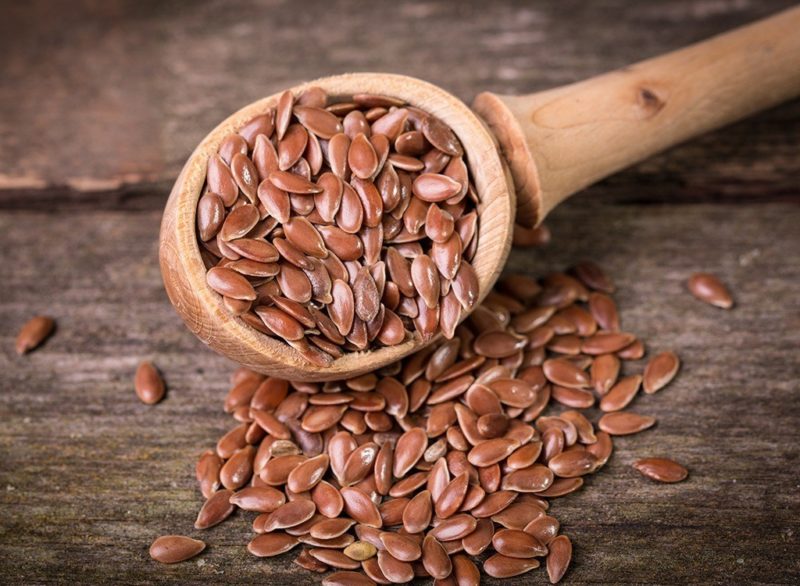
Rich in phytoestrogens and high in omega-3 fatty acids, flaxseeds are know to increase oestrogen levels which prevents vaginal dryness. “If you’re feeling a little dry before sex, try snacking on flaxseeds. Flax contains a rich source of phytoestrogens that help increase your oestrogen levels and lubricates the vagina”, says Bjork. In addition, the zinc in these flaxseeds help treat vaginal dryness, itching and burning.
Flaxseeds truly are one of the best foods to feed your vagina and can be easily incorporated into your diet if you’ve not already done so, or reluctant to. They make a beautiful addition sprinkled on top of cereal and yoghurt, but can also be blended in a smooth or sprinkled through a salad.
Leafy greens
Spinach, kale, broccolli – the darker the leaf the better! Leafy vegetables such as spinach and kale, are rich in magnesium which helps to reduce inflammation in the blood vessels. By reducing inflammation, the flow of blood to the vagina can lead to greater arousal and more pleasurable sex. Imagine how good that will be when you combined leafy greens and flaxseeds to your diet on the regular!
These greens are also rich in vitamin E, magnesium, and calcium, all of which are beneficial to muscle health — including vaginal muscles!
Peppermint Tea
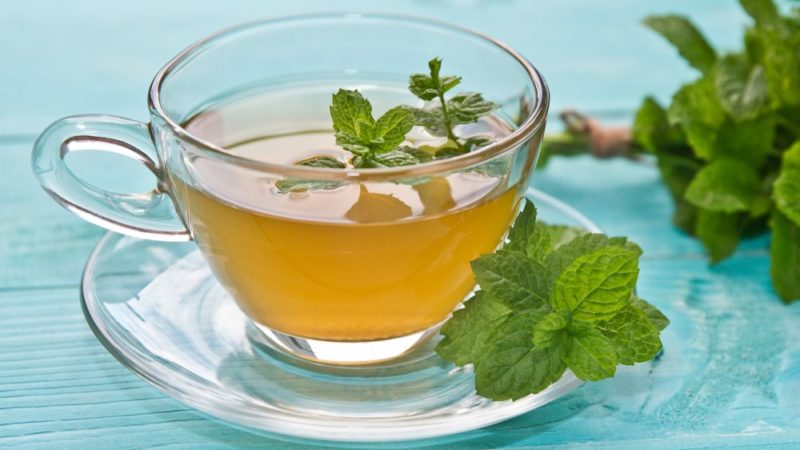
Peppermint tea is known for its soothing properties and muscle relaxant effects. Because of this, it makes for the perfect herbal tea for women’s health, and is ideal to sip on when you have your period.
Studies suggest peppermint tea:
- May ease digestive upsets often affiliated with periods such as bloating and gas.
- May help relieve tension headaches and migraines – a common side effect of PMS and menstruation.
—
Want to learn more? Follow our Instagram – @sunnybank_obgyn for all things women’s health x


